Legal Tech Isn’t the Revolution — Mindset Is
The biggest shift in legal isn’t the tech itself. It’s the mindset behind it. A growing number of lawyers are questioning legacy processes, redesigning workflows, and choosing tools that serve people — not the other way around. The revolution is human-centered. The change is already underway.
And it’s not just multinational firms leading the way. Small practices, legal aid organizations, and solo lawyers are all adopting digital tools. This is no longer a trend but a global shift
Legal Tech Has Moved Beyond the Buzzwords
Legal Tech in 2025 is no longer about trendy jargon. It refers to practical software and digital tools that make legal services more efficient, accessible, and aligned with client needs. In 2025, Legal Tech is not optional—it’s essential.
Law firms are beginning to realise that Legal Tech is not about being trendy. It’s about cutting costs, improving client service, reducing burnout, and preparing for the future of legal work.
Client Expectations Have Changed
“The economy in the United States is shifting. Efficiency is now at a premium. Clients demand more value, and firms must respond by reducing operational costs. Cloud-based platforms and AI tools enable remote work and faster turnaround. In a world flooded with data, mastering advanced software and analytics is becoming a sine qua non for modern legal expertise.”
– Mr. Salim Hasan, Shareholder (Patent Attorney) at Leydig, Voit & Mayer, Ltd.
Clients across the globe expect the same responsiveness from their lawyers as they get from banks or healthcare providers. Whether it’s a startup founder in Berlin or a general counsel in Boston, clients want:
- Online consultations
- Transparent, digital billing
- Secure, digital document signing
- Real-time updates on their matters
A 2023 Clio report from North America showed that most legal clients now prefer to work with firms that offer remote services and online portals. Europe and Asia are having this too. This shift is not just about convenience. It is about trust.
Time Is Too Valuable for Routine Work
A big chunk of legal work isn’t legal at all. It’s tracking changes, checking citations, and combing through inboxes — time-consuming, but not intellectually demanding.
Smart Legal Tech tools can automate these routine tasks. AI-based research platforms, document comparison tools, and contract automation software allow lawyers to focus on strategy, negotiation, and client advocacy.
According to a 2024 Thomson Reuters report, firms that adopted automation tools saved up to 30% of their time—with no compromise on quality.
Legal Tech: Not a Trend, a Necessity
Why should law firms care?
- Client demands are evolving: Clients expect online meetings, digital signing, and transparency. Firms that don’t offer this risk losing business.
- Efficiency matters: Every minute spent on manual edits is time not spent advising clients.
- It’s already happening: From small firms in the U.S. using Clio to Indian platforms like Presolv360 resolving disputes entirely online—the transformation is global.
Firms Everywhere Are Embracing Legal Tech
- A&O Shearman (UK): Using generative AI for research and compliance support.
- Ironclad (US): Helping firms automate contracting processes.
- Presolv360 (India): Offering complete online dispute resolution.
- Legodesk: Providing affordable, scalable tools for growing practices.
These innovations are not experiments—they are already impacting how legal services are delivered.
A Culture Shift Inside Law Firms
Younger lawyers increasingly demand better workflows. They want meaningful work, faster learning, and tools that help them deliver value. Legal Tech is helping firms:
- Retain talent
- Reduce burnout
- Foster collaborative, flexible teams
Even courts are adapting: the UK and US have institutionalized hybrid hearings. The profession is evolving—not just technologically, but culturally.
Common Concerns—and Real Answers
Is Legal Tech expensive?
No. Many tools offer freemium versions or flexible monthly plans. Firms only pay for what they need.
Is it secure?
Yes. Most platforms follow privacy laws like GDPR, India’s DPDP Act, and HIPAA. Encryption, access control, and audit logs are standard.
Will it replace legal professionals?
No. It will help your team do their work more efficiently. Junior lawyers will still need to think, analyze, and write. Legal Tech simply removes the redundant steps so they can spend more time learning and delivering real value.
What’s Next: Trends to Watch in 2025
- Generative AI for clause suggestions and document summaries
- Blockchain for smart contracts and secure transactions
- Automated compliance for in-house teams
- Online Dispute Resolution (ODR) gaining traction in consumer and commercial matters
You don’t need to adopt every trend. But you do need to start somewhere.
A Quiet Revolution, One Step at a Time
Legal Tech won’t change your firm overnight. But it will shift how you serve clients, manage your practice, and attract talent. Maybe the first step is a digital signature tool—or a smarter way to store files.
Start there. Then build.
Final Thoughts
Legal Tech won’t solve everything overnight—but it will help you work smarter, not harder. Clients will feel better supported. Teams will feel less overwhelmed. Start with one tool. Ask what others are using. Keep learning.
👉 Learn how Lawyal Tech is helping firms navigate this change.
All images have been generated through AI.



